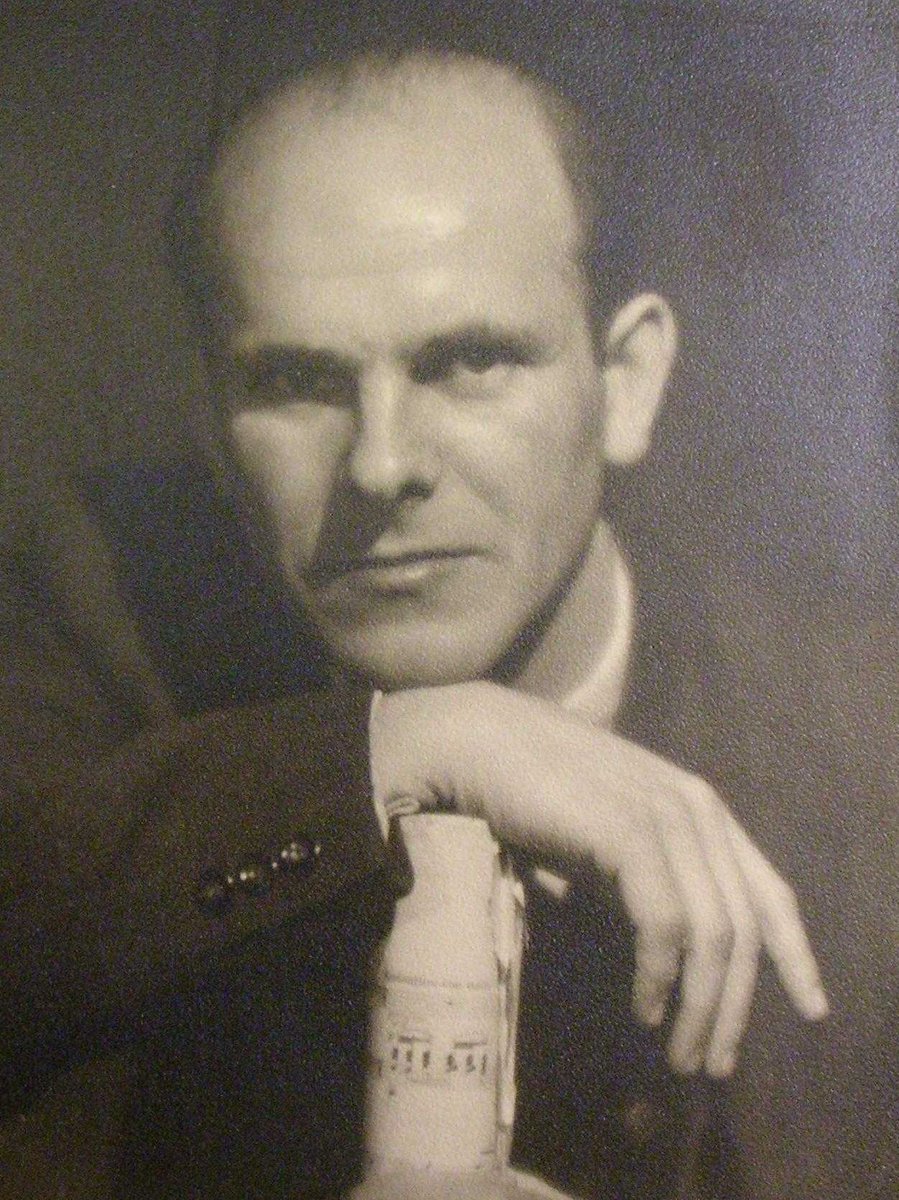Vienna offers home to exiled music
mainFor the past quarter of a century, Michael Haas has been trying to persuade the Austrian authorities to accept responsibility for the musical lives their country destroyed during and after the Hitler era.
Michael, producer of Decca’s breakthrough Entartete Musik series, has finally won hs case. Here’s what he tells us:

In 2006, Prof. Gerold Gruber of Vienna’s University for Music and Performing Arts (MDW) founded exil.alrte, a society which I co-chair, and is dedicated to the restitution of Europe’s lost musical legacy from the Hitler years.
After some ten years of successful projects, awards and commendations, the in-coming MDW chancellor, Ms Ulrike Sych has allowed us to proceed with plans to establish Europe’s most comprehensive Exile Music, and Performing Arts Centre to be based in the premises of the former Music Academy (the predecessor of the present MDW, most of which is located on a campus some 3 blocks behind the Music Academy Building).
The Centre will called ‘exilarte’ and will offer, among other things, archives and housing for composer estates. We shall be digitising and uploading material, both print and audio, and making it available within the restrictions and wishes of the executors. We intend our centre to be a partner for scholarship and not merely a repository of documentation. The MDW was recently ranked second in the list of performing arts colleges and universities, and with some 4,000 students, we have every motivation of making works available to Europe’s future generation of musicians. We also intend for the Centre to be international and not focussed solely on Austria-Hungary.
The musical legacies of these composers is very much a European artistic legacy and we see exilarte as engaged in an act of cultural restitution. We hope exilarte will facilitate the return of these musical estates and bridge the gap that was left by Hitler’s 12 years of power. The MDW will pay for transport, insurance and incumbent costs in restoration, digitisation and archiving.
The Centre has been given generous space – some 700 sq. metres including climate and humidity controlled storage facilities: reading room; lecture facilities; performance venues etc. It will be located on the ‘beletage’, or principal floor of the historic Music Academy, located in the ‘Academy Wing’ of Vienna’s Konzerthaus. The photo shows the wing adjacent to the Konzerthaus.
This centre should finally takes Austria’s head out of the musical sand (It must be recalled that I could find no partners in Austria for Decca’s “Entartete Musik” series, despite the predominance of Austrian composers covered) and will hopefully place Vienna in the forefront of restoring Europe’s lost musical legacy.






That’s how it should be done, and not ony in Austria.
The Kammersymphonie Berlin has already been working on digging-out this type of repertoire for over 20 years:
http://www.kammersymphonie.de
…. and earned a reputation, but never money or institutional support. Even attempts to organize a conference failed because of academic rejection.
The same institutional indifference surrounds the Dutch ‘Leo Smit Foundation’, focussing on chamber music and presenting a popular concert series in Amsterdam on an absolute minimum budget:
http://www.leosmit.org
Leo Smit was by far the most gifted – and successful – composer in interbellum Holland, following French contemporary movements, but was murdered by the nazis. After the war, modernism and the general indifference surrounding prewar modern music made his music disappear, until now when the LS Foundation brought the music to life again.
Interestingly, there is much really good repertoire of music from the 1st half of the last century which has been forgotten, and not because the music is not good enough, but because of the disruption of the wars and after that, virulent modernist propaganda which wanted to stamp-out any competition from the recent past. On top of that, ‘official’ music historiography followed modernist ideologies, presenting a false image of what really happened musically in the 20C, a fallacy which has begun to be challenged only recently (Richard Taruskin’s monumental ‘History of Western Music’ undermines the avantgarde narrative). To be mnetioned again, musicologist Herbert Pauls’ extensive research brings reality to light in his ‘Two Centuries in One’:
http://www.musicweb-international.com/books/Pauls_two_centuries_in_one.pdf
That’s how it should be done, and not ony in Austria.
The Kammersymphonie Berlin has already been working on digging-out this type of repertoire for over 20 years:
http://www.kammersymphonie.de
…. and earned a reputation, but never money or institutional support. Even attempts to organize a conference failed because of academic indifference.
The same institutional indifference surrounds the Dutch ‘Leo Smit Foundation’, focussing on chamber music and presenting a popular concert series in Amsterdam on an absolute minimum budget:
http://www.leosmit.org
Leo Smit was by far the most gifted – and successful – composer in interbellum Holland, following French contemporary movements, but was murdered by the nazis. After the war, modernism and the general indifference surrounding prewar modern music made his music disappear, until now when the LS Foundation brought the music to life again.
Interestingly, there is much really good repertoire of music from the 1st half of the last century which has been forgotten, and not because the music is not good enough, but because of the disruption of the wars and after that, virulent modernist propaganda which wanted to stamp-out any competition from the recent past. On top of that, ‘official’ music historiography followed modernist ideologies, presenting a false image of what really happened musically in the 20C, a fallacy which has begun to be challenged only recently (Richard Taruskin’s monumental ‘History of Western Music’ undermines the avantgarde narrative). To be mentioned again, musicologist Herbert Pauls’ extensive research brings reality to light in his ‘Two Centuries in One’:
http://www.musicweb-international.com/books/Pauls_two_centuries_in_one.pdf
Congratulations to Michael Haas. This is long overdue.
Remember the Exhibition Entartete Musik which Peter Girth created in Düsseldorf. Thats how it all started. I treasure his catalogue with a dedication. .
I remember it well!
A superb outcome as a result of the passionate dedication of Michael Haas and his colleagues. Bravi !!!!
Many congratulations!